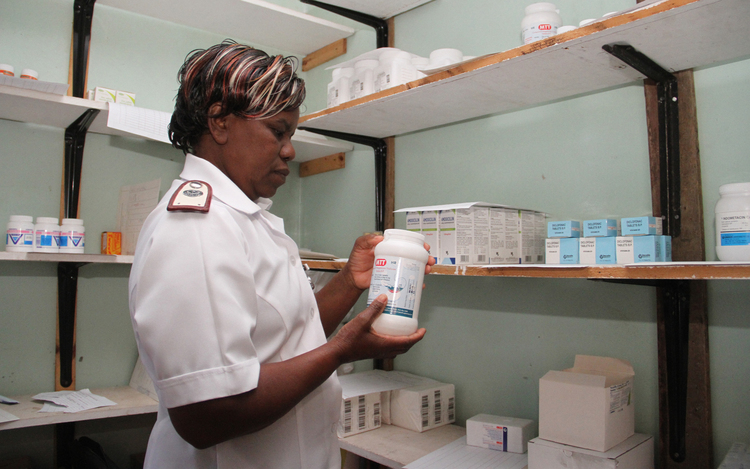
The Sunday Mail

Avoiding a repeat of 2008
When the good rains fall, diarrhoeal diseases flourish. A few causalities are always recorded, a few too many by our reckoning! The Minister of Health and Child Care dutifully comes out to give the media some fodder to munch on, encouraging the “responsible authorities” to act.And then we fall back into our seats and wait for the next train to hit us. That train always comes back the following year, much more lethal, leaving more unnecessary deaths – usually of children – in its morbid wake.
It is as if we have accepted this as our fate, we poor souls; like there is nothing to do but wait for the jaws of death to close in on us as we issue strongly worded statements encouraging the “responsible authorities” to act.
Einstein once described madness as “doing the same thing in the exact same way while expecting different results”. Newsflash: results will never improve for as long as we continue to do things in the same unworkable way.
The only difference might be that while some died of cholera in 2008, others will die of typhoid this year, while some may succumb to dysentery next year. But the net result is the same – people will continue to die.
When something repeatedly occurs, it doesn’t make it “normal”. Rather, it is supposed to spur all of us into positive action, way before it even happens. After all, we are humans. We should anticipate cycles. Even animals know their cycles and migrate when they are supposed to.
Not us.
The inter-ministerial committee addressing typhoid and the spread of other diarrhoeal diseases need not wait for two lives to be lost before it realises that something needed to be done.
If anything, there is no need to wait for establishment of inter-ministerial committees when confronting something as predictable as rainy season-related diarrhoeal diseases.
Someone should always be working on it. We need to be proactive. We know what causes these diseases. But we still wait for crises to emerge before we act.
Zimbabweans continue to experience a heavy burden of preventable diarrhoeal diseases because the nation continues to wait for them to hit first. The African Union’s Abuja Declaration, which Zimbabwe is party to, says the health budget must be at least 15 percent of total expenditure.
For 2017, the Ministry of Health and Child Care has been allocated US$281 million, which is seven percent of the National Budget for the year.
Yes, we know things are tough. But death – especially of our children – is even tougher. Since Abuja pledge, Zimbabwe is yet to meet the target. Not even once in more than a decade.
The Ministry of Finance and Economic Development needs to understand that the health of the nation has ripple effects on every other sector.
Cde Fidel Castro’s Cuba survived more than 50 years of horrendous sanctions by prioritising investment in health and education. Indeed, the revolution marches on the strength of a healthy and educated army of citizens.
An ailing nation cannot efficiently use any money allocated to agriculture, mining or any other sector. Even if we are to allocate hundreds of billions of dollars to every other sector while neglecting health, we will not get anywhere.
The challenges facing Zimbabwe in the health sector require a concerted response by all Zimbabweans and our international partners. The state of water supply and its cleanliness in Zimbabwe is abysmal. It is inexcusable.
Recently, we reported that the Harare City Council was not stocking water treatment chemicals and instead buying them on a daily basis due to a lack of funds.
What explains the lack of funds when city officials pay themselves thousands of dollars monthly? Rich picking for poor workmanship by any standard.
Imagine what will happen when the local authority fails to secure the chemicals on any given day for whatever reason, especially seeing as how inefficient they are?
Urban water services continue to deteriorate with people receiving water that is not so safe for drinking. Is it any wonder that diarrhoea is presently more prevalent than before and is now one of the five main childhood killers in Zimbabwe?
The nation simply needs to invest in water and sanitation infrastructure. And by this we mean sustainable investment.
Recently the City of Harare was harping on about a US$144 million deal with a Chinese firm to upgrade water infrastructure. We have not seen a difference in the quality of services. Instead we heard of city officials inflating costs and buying themselves luxury “project” SUVs.
Improving water services is not a minor issue to be dealt with when we are done with our factions and coalitions and whatever other political nonsense is occupying the minds of politicians.
It is about avoiding a repeat of 2008.



